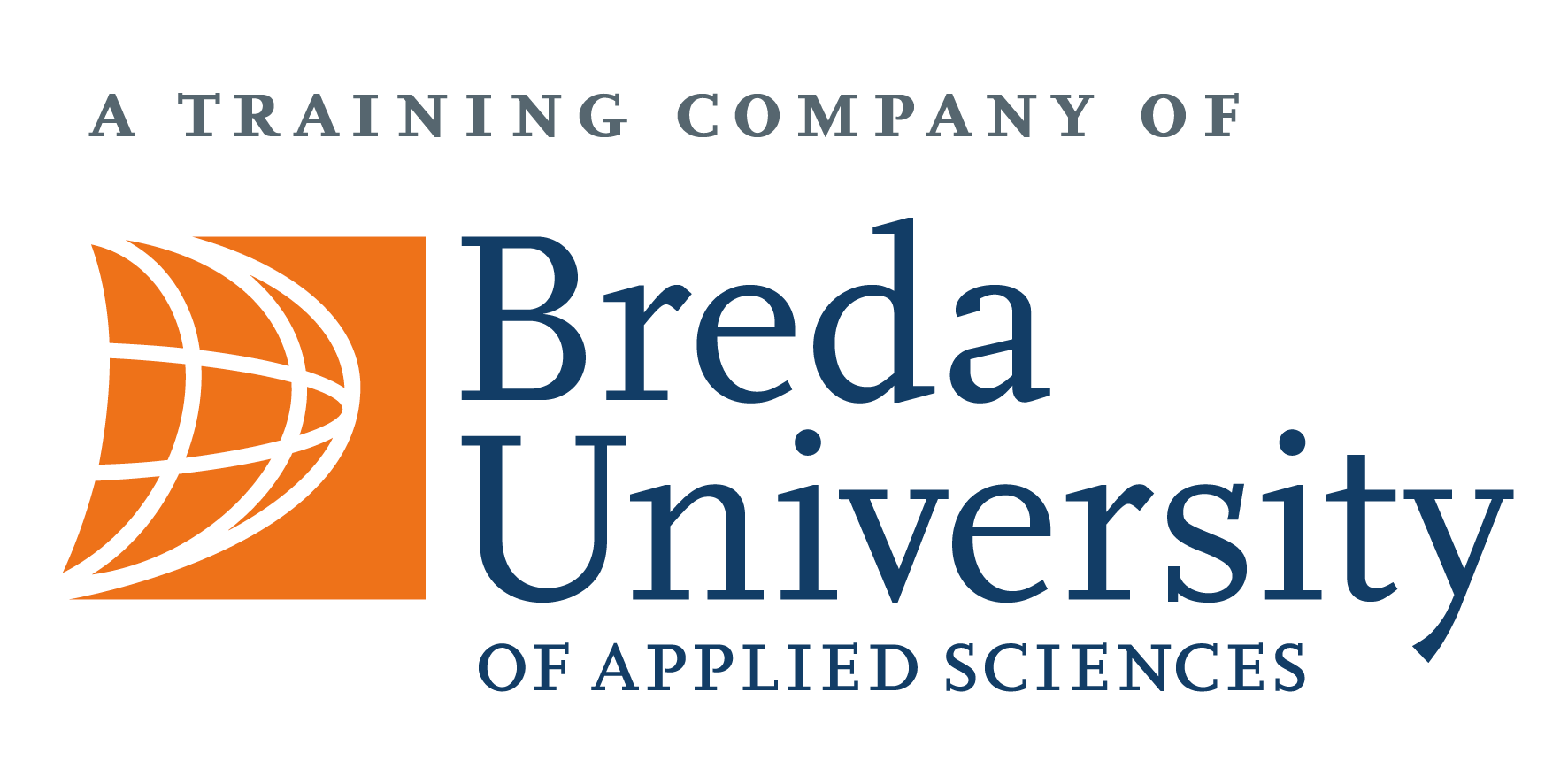While summer break is just around the corner, most of us still have exams coming up. Continue reading to discover how to study as effectively as possible, to be able to enjoy a carefree holiday!
Create a positive environment
Research has shown that a quiet and comfortable study spot can contribute positively to your study session.

Examples of nice places can include the BUas library in the large atrium of the Horizon Building, the ‘quiet’ rooms next to the library, the Nieuwe Veste library in the center of Breda, or a nice coffee place. A coffee place in Breda that is perfect for studying is COFFEELAB, located within walking distance of Centraal Station. WORKLAB (part of COFFEELAB) has 30 desks you can work at, divided between a regular workspace and a quiet workspace. Keep in mind that you must pay to work there.
Having determined your location, prepare yourself before you go. Plan what you are going to work on and only bring materials that are essential for what you have planned. The more objects you bring, the higher the chance you get distracted during your study session. If you have your smartphone with you, it can be nice to turn it off for a bit and put it back on when you’re done or taking a break. If you don’t want to completely turn off your phone, you can put usage limits on specific apps or schedule ‘downtime’, during which you can only access apps you chose to allow.

Stop procrastinating
This tip is one we’ve all heard many times: stop procrastinating.
Procrastinating a lot could lead to higher stress levels and mental and physical problems. Cramming at the very last minute might help you pass a test, but it’s keeping you from gaining knowledge that you will remember for a long time.
So, space out your study sessions! Creating a plan and sticking with it will help you do this, preferably over the course of several weeks. When you start earlier, you will experience less stress when studying. Study for shorter amounts of time spread over many days.
A tip I got from a fellow BUas student is to put on a YouTube video of someone who’s also studying. Some videos have lo-fi background music, rain sound effects, or a pomodoro timer (that works with time blocks). When you’re feeling unmotivated and want to stop, you can look at the screen and gain motivation by seeing someone else studying.
Interleaved practice
This tip might not sound logical at all, but research has shown that mixing concepts that have similarities, like different types of finance formulas, works better than completely focusing on one of them at a time. It turns out that your brain will process the similarities and differences between the similar subjects you’re studying, resulting in a better and deeper understanding of them. This method might not work for everyone, but trying it can’t hurt right?

Self-testing
Endlessly reading the study material is most often a method with a low success rate. Testing yourself is a more engaging way of gaining knowledge. There are various ways to test yourself, let’s have a look at some of them.
One way to do it is by reading some text, putting it aside, and writing down as many points as you can remember from the part you’ve just read. After that, come back to the material, and see what you forgot about or didn’t understand completely yet. Repeat this until you feel confident enough to move on to the next part. Other ways to do it are making a practice test for yourself to fill in or making flashcards. This method has been proven by various studies to be effective, so why not try it next time you’re studying?

There are various websites that might help you with self-testing. An example is Quizlet. This website is great for making flashcards quickly.
A different type of self-testing is self-explanation. When using this method, you’re explaining the material to yourself in your own words. Your definition of certain subjects might stick with you more easily, which will help you to remember them.
Another tip for self-testing I got from a BUas student, is to team up with a classmate, separately come up with quiz questions, and put them in a PowerPoint presentation. Then do the quiz and see how much you know already!
If you’ve tried these methods, be sure to share your experiences with them on the HUB Instagram, under the complementary post. We wish you good luck studying for the final exams of this school year!
This article was based on: https://www.apa.org/gradpsych/2011/11/study-smart
https://www.cornerstone.edu/blog-post/12-methods-to-significantly-improve-your-studying/
https://www.washingtonpost.com/lifestyle/wellness/procrastinate-why-stop-advice/2021/07/09/13b7dc2c-e00e-11eb-9f54-7eee10b5fcd2_story.html. Visit these websites for a more in-depth explanation of the methods and the research behind them.

